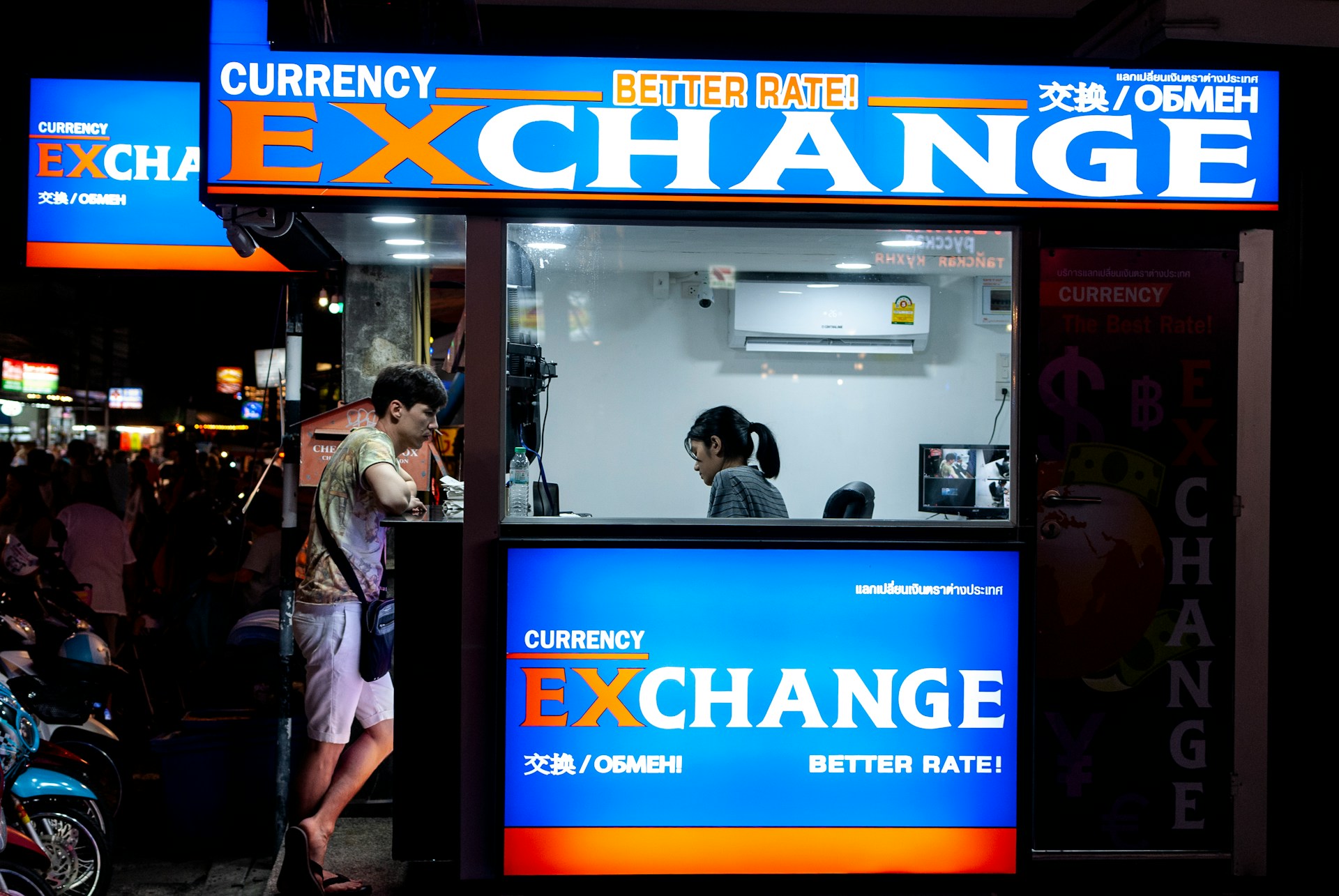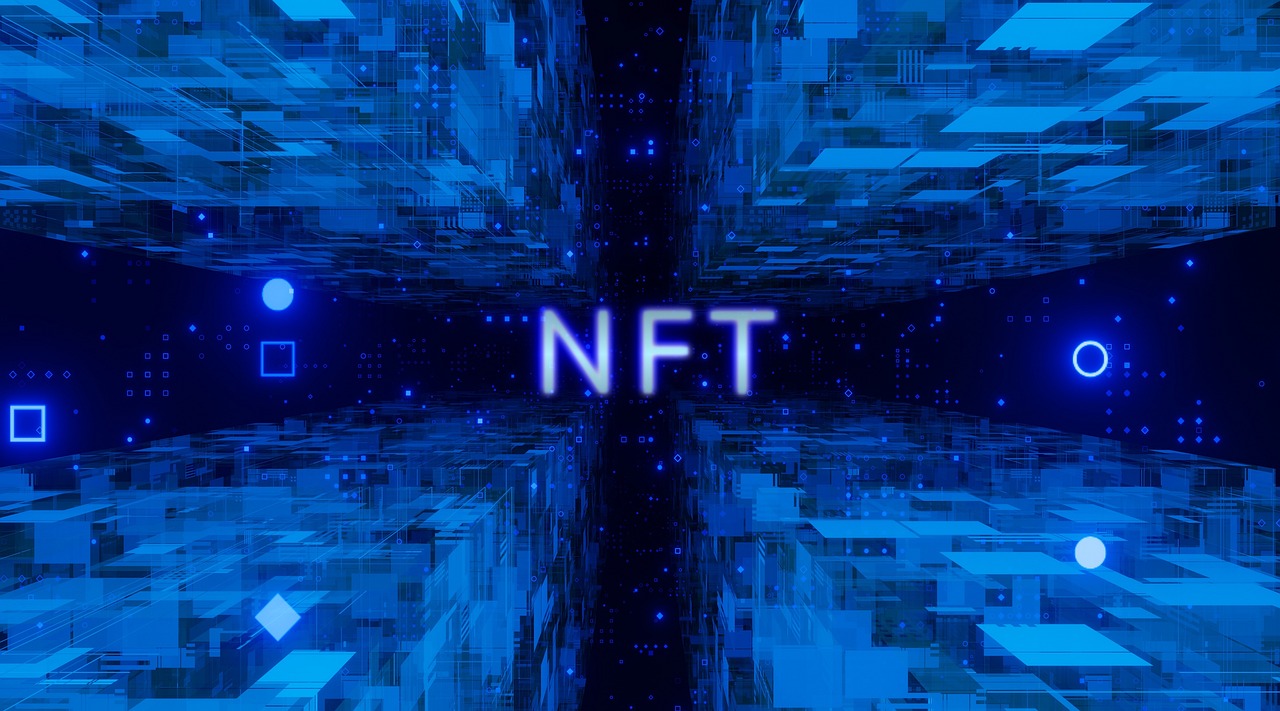This case study contains a set of the blockchain-related features implemented by Infinity Technologies engineers in different projects. They are united with the common goals: to streamline operations, ensure security, and improve visibility.
The primary goals of integrating blockchain technology in various projects included:
In terms of the mentioned projects, the clients needed to obtain a fixed, digital ledger that uses cryptography to record transactions and tracks assets, both tangible and intangible, among a distributed peer-to-peer network.
In the projects mentioned in this case study, the developers were tasked with finding ways to address the following challenges without risking trade-offs.
As the blockchain ecosystem evolves, three key challenges had to be addressed:
From a business perspective, the need arose to expedite multiple confirmations, handle growing transaction volumes, and ensure airtight security measures.
The blockchain technology is great for recording cryptocurrency transactions, but it is also widely used to track other assets. Realising that, our clients invest in blockchain solutions for streamlining operations, breaking down data silos, improving transparency, and reducing transaction costs.
The task of Infinity Technologies as the software development partner was to distinguish the particular business need of every client and find a way to cover it with the blockchain implementation.
Blockchain technology is valuable across multiple industries due to its ability to facilitate secure, transparent, and real-time information sharing.
A blockchain network is applicable in:







